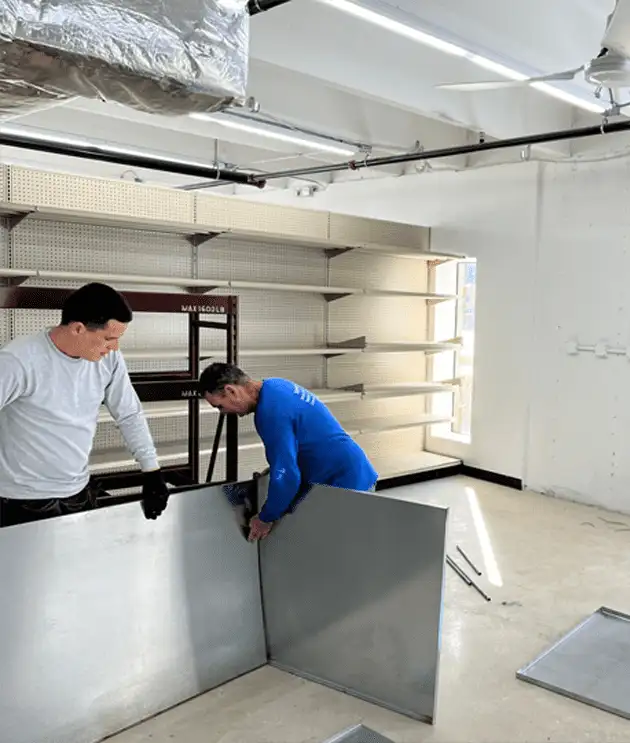Maintenance tasks can I do myself to keep my air conditioner
Maintaining your air conditioner is essential for ensuring its efficiency, longevity, and your home’s comfort. While some maintenance tasks require professional expertise, there are several routine procedures you can perform yourself to keep your AC unit in optimal condition.
1. Regularly Replace or Clean Air Filters
Air filters trap dust, pollen, and other airborne particles, preventing them from entering your home’s air supply. Over time, these filters become clogged, reducing airflow and forcing your AC to work harder, which can lead to increased energy consumption and potential system failures. It’s recommended to check your air filters monthly and replace or clean them every 1-3 months, depending on usage and filter type. Regular maintenance of air filters not only enhances indoor air quality but also improves energy efficiency.
2. Clean the Outdoor Unit
The outdoor condenser unit can accumulate dirt, leaves, and debris, obstructing airflow and diminishing your AC’s performance. To clean it:
- Turn Off the Power: Ensure the AC is completely powered down to prevent accidents.
- Clear Debris: Remove leaves, twigs, and other debris from around the unit.
- Clean the Fins: Use a soft brush to gently clean the fins, being careful not to bend them.
- Check the Level: Ensure the unit is on a level surface to promote proper function.
Regularly maintaining the outdoor unit helps in efficient heat exchange, leading to better cooling performance.
3. Inspect and Clean Coils
Both the evaporator and condenser coils can collect dirt over time, reducing their ability to absorb and dissipate heat. To maintain them:
- Evaporator Coils: Located inside, these can be gently cleaned with a soft brush or cloth.
- Condenser Coils: For the outdoor unit, after ensuring the power is off, clean the coils with a garden hose, spraying from the inside out to remove debris.
Keeping coils clean is crucial for maintaining the efficiency of your air conditioner.
4. Ensure Proper Thermostat Function
Your thermostat controls the temperature settings of your home. Regularly check its functionality:
- Calibration: Ensure the thermostat accurately reflects your home’s temperature.
- Settings: Verify that it’s set to the desired temperature and mode (cooling or heating).
- Programmable Thermostats: If you have one, set schedules that align with your daily routines to enhance energy efficiency.
A well-functioning thermostat ensures your AC operates only when necessary, saving energy and reducing wear.
5. Check and Clear the Condensate Drain Line
The condensate drain line removes moisture collected by your AC. A clogged line can lead to water damage and increased humidity levels. To maintain it:
- Locate the Drain Line: Typically a PVC pipe near the indoor unit.
- Inspect for Blockages: Look for visible clogs or standing water.
- Clean the Line: Use a wet/dry vacuum to remove clogs or flush the line with a solution of bleach and water to prevent mold growth.
Regularly maintaining the condensate drain line prevents water damage and maintains indoor humidity levels.
6. Maintain the Area Around the Outdoor Unit
Ensure there’s at least two feet of clearance around the outdoor unit. Trim back shrubs, remove any obstructions, and avoid placing items on top of the unit. This unobstructed space allows for proper airflow, enhancing efficiency.
7. Schedule Professional Maintenance Annually
While these DIY tasks are beneficial, it’s essential to have a licensed HVAC professional inspect and service your AC system annually. They can identify potential issues, perform in-depth cleaning, and ensure all components are functioning correctly, prolonging the lifespan of your unit.
By performing these maintenance tasks, you can enhance your air conditioner’s efficiency, reduce energy costs, and extend its operational life. Regular upkeep not only ensures a comfortable indoor environment but also prevents unexpected breakdowns during peak usage times.

